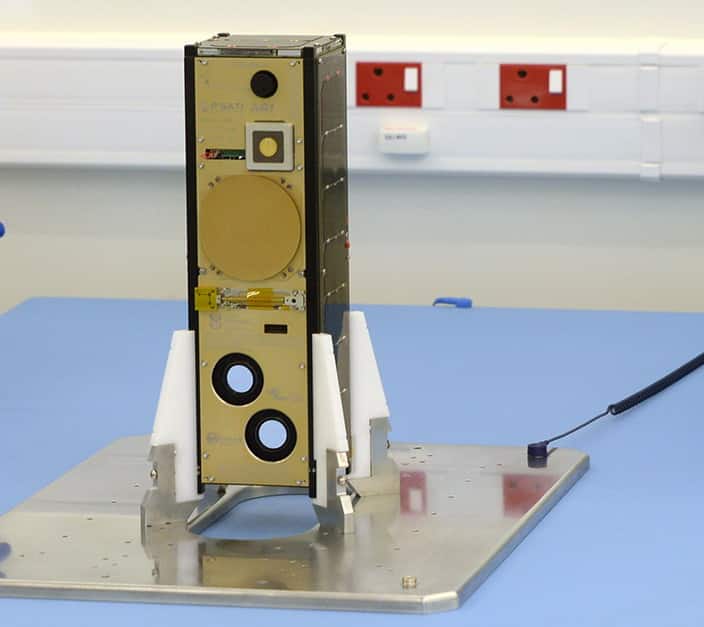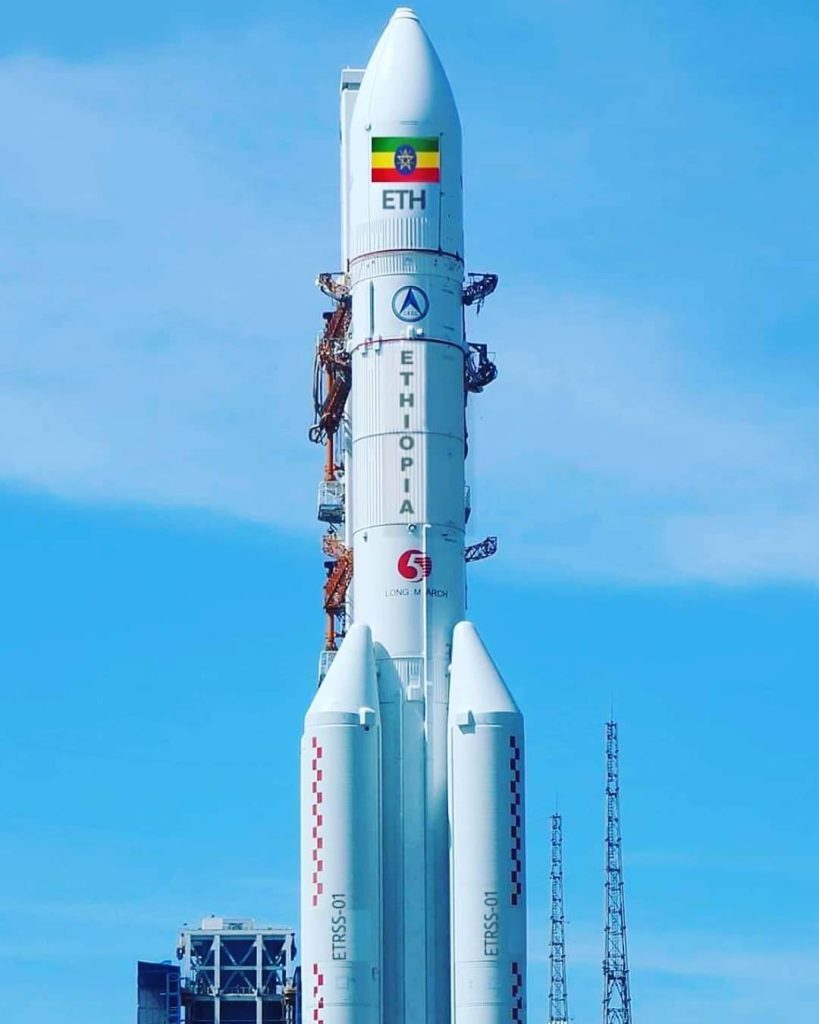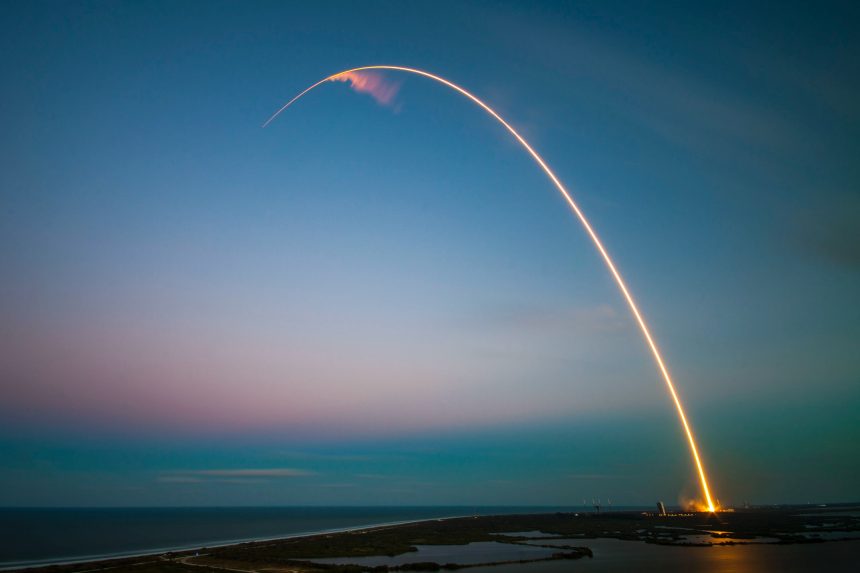Africa is not often associated with space exploration, but that is changing rapidly. The continent has a growing number of countries that are investing in space technology and launching satellites into orbit. These countries are not only seeking to benefit from the applications of space science, such as weather forecasting, environmental monitoring, and communication but also to assert their presence and influence in the global space sector.
According to a report by Space in Africa, a news website that covers the African space industry, the continent’s space sector is worth USD$400 billion today. The report also identifies 14 African countries that have active space programmes or agencies, with South Africa and Egypt leading the way.
South Africa
South Africa has a long history of astronomy research and has been at the forefront of many discoveries and initiatives. The country hosts the South African Astronomical Observatory, which is the oldest permanent observatory in the southern hemisphere, and is also a partner in the Square Kilometre Array (SKA) project, which will be the world’s largest radio telescope when completed.

South Africa has also launched several satellites, including ZACube-2, which is the most advanced nanosatellite in Africa and can detect forest fires and monitor ships along the coast.
Egypt
Egypt is another African powerhouse in space science, with a legacy that dates back to ancient times. The country has a well-established space agency, the National Authority for Remote Sensing and Space Sciences (NARSS), which operates several satellites for Earth observation and communication purposes. Egypt also has ambitious plans to launch more satellites, including a lunar exploration mission called Lunar Misr, which aims to land a rover on the moon by 2024.

Other African countries that are making strides in space science include Ethiopia, which launched its first satellite with Chinese assistance in 2019 and plans to launch another one this year; Nigeria, which has the largest number of satellites in orbit among African countries and is developing its own launch vehicle; Kenya, which launched its first satellite in 2018 and is building a space centre; and Ghana, which launched its first satellite in 2017 and is training young people in space technology.
China’s Influence In Africa’s Space Race
The rise of Africa’s space ambitions is not only driven by national interests, but also by regional and continental cooperation. The African Union has adopted an Africa Outer Space Strategy, which aims to promote the development and use of space science and technology for socio-economic benefits and integration. The strategy also envisages an African Space Agency, which would coordinate and implement continental space programmes and policies.
Africa’s space ambitions are also supported by international partners, especially China, which has been providing financial and technical assistance to several African countries for their satellite projects. China sees Africa as a strategic partner in its own quest to become a leading space power, and has been boosting its soft power on the continent through its space diplomacy.
Challenges
Africa’s space ambitions are not without challenges, however. The continent still faces many barriers to entry into the global space sector, such as lack of funding, infrastructure, human capital, regulation, and public awareness. Moreover, Africa’s space activities are not always aligned with its pressing needs and priorities, such as poverty reduction, health care, education, and security.
Nevertheless, Africa’s space ambitions are a sign of its aspiration to play a more active role in shaping the future of humanity. As more African countries join the club of space-faring nations, they will not only reap the benefits of space science and technology, but also contribute to the advancement of knowledge and innovation.










